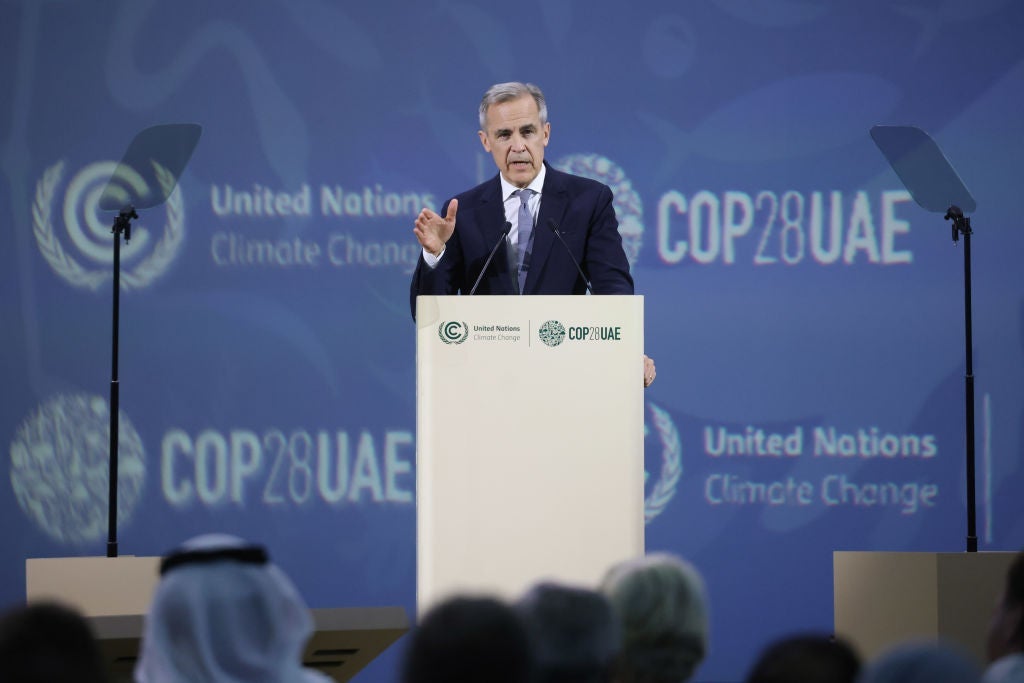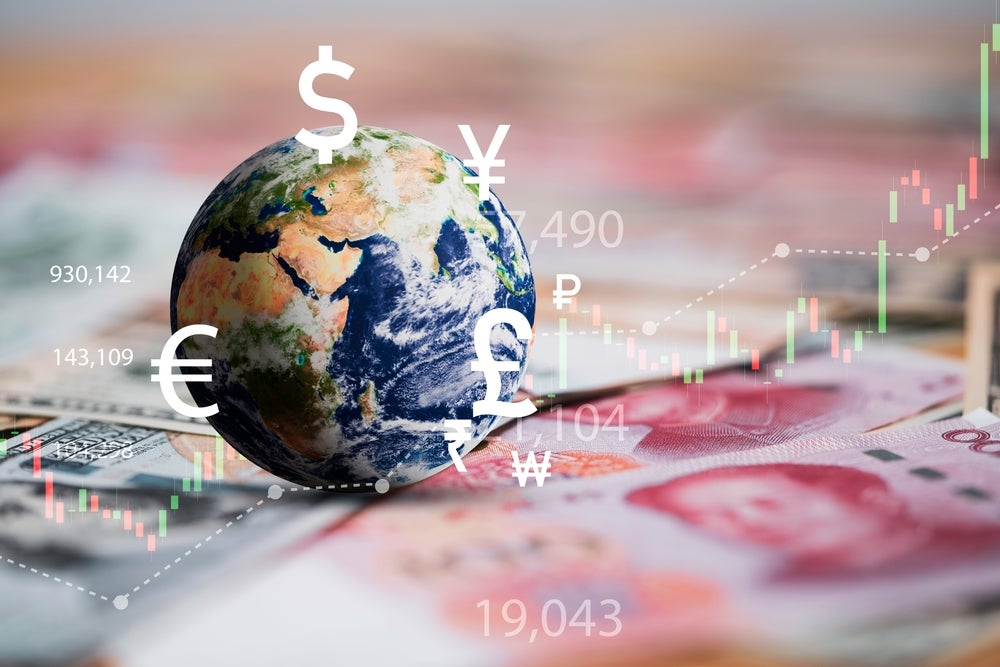
Over the weekend at COP28, at an inaugural signing ceremony attended by Energy Monitor, the United Nations Environment Programme Finance Initiative (UNEP FI) celebrated six new banks signing up to its Principles for Responsible Banking (PRB) initiative.
Of particular cause for celebration was that five of the six banks – Abu Dhabi Commercial Bank (ADCB), Abu Dhabi Islamic Bank, Banque Ouest Africaine de Développement (West Africa Development Bank) Caisse de Dépôt et de Gestion, and Fidelity Bank, Nigeria – came from Africa and the Middle East, a region that has typically been less represented among signatories to the PRB, which describes itself as the “world’s foremost sustainable banking framework”. The sixth bank, Banco Regional de Desenvolvimento do Extremo Sul, came from Latin America.
Speaking to Energy Monitor in advance of the event, UNEP FI secretary-general Eric Usher highlighted the significance of the PRB (which now boasts over 340 signatories) diversifying its membership base, which has historically been dominated by European banks. Although it “appreciates” these early members, the UNEP FI is pleased to see the PRB becoming a “bigger engine”, Usher said.
In a speech during the signing ceremony, Usher said the event marked a “milestone” for the initiative, the “first time that the PRB has done this”.
He added that although COP28, which is thought have welcomed up to 80,000 delegates and observers from across the globe, will generate a large sum of aviation emissions, "the reality is, in a strategic sense…it has a big impact on our organisations, [both] public and private”.
Under the PRB, banks commit to aligning their business targets with society’s goals: reducing negative impacts on people and the environment; working responsibly with clients, customers and stakeholders to encourage sustainable practices; and being transparent about steps being taken to achieve all of the above.
The PRB recommends that signatories, particularly those from 'developed' countries, also join the Net Zero Banking Initiative (NZBA), the banking arm of Mark Carney’s GFANZ Alliance, which is convened by the UNEP FI, and is composed of 130 global banks with a combined $74trn in assets. The NZBA supports members in setting "achieve credible science-based net zero targets for 2030 or sooner". Both the PRB and NZBA are voluntary initiatives, and neither include explicit recommendations on members' fossil fuel financing.
Speaking at the PRB signing ceremony, Lamia Hariz, head of ESG, corporate communications, marketing and investor relations at Abu Dhabi Islamic Bank, claimed that the move to join the PRB "is not a PR stunt".
"It's a commitment that we're looking at...how we can mitigate the impact of our actions on society, on the economy, on the people and on the environment,” she said, adding that the PRB is "aligned with the principles of Sharia banking – we have a lot of common goals, and common values on ethical banking, on responsible banking, on sustainability".
In addition to becoming a PRB signatory, one bank, ADCB, also celebrated its recent membership to the NZBA. As part of this commitment, ADCB has promised to align its lending and investment portfolios with net-zero emissions by 2050, and has also committed to providing AED125bn ($34bn) in sustainable finance by 2030.
Keep up with Energy Monitor: Subscribe to our weekly newsletter
Throughout the conference, stakeholders speaking to Energy Monitor note the greater presence of banks at this conference than at previous COPs.
“There is nothing new about bankers turning up in order to try to do deals, there is an entire mini-economy of private sector side events at every COP,” said Katie Levick, associate director of sustainable finance at think tank E3G. “What is new this year is the size of the opportunity on the table to invest in the new clean energy economy around the world. Pledges and commitments at COP clearly signal the market direction of travel and it is not towards more oil and gas.”







